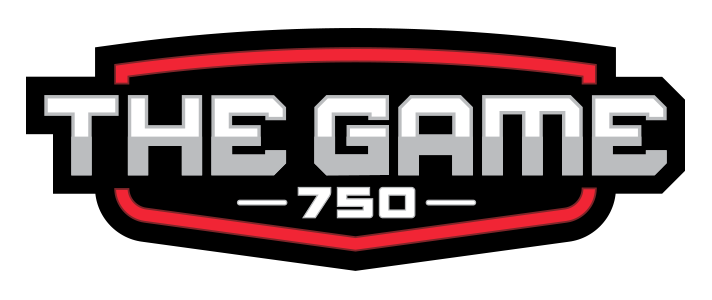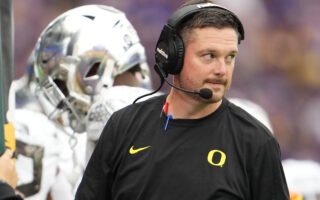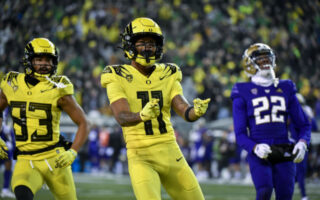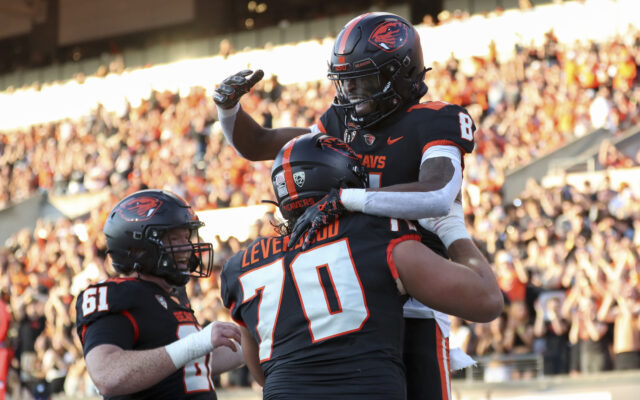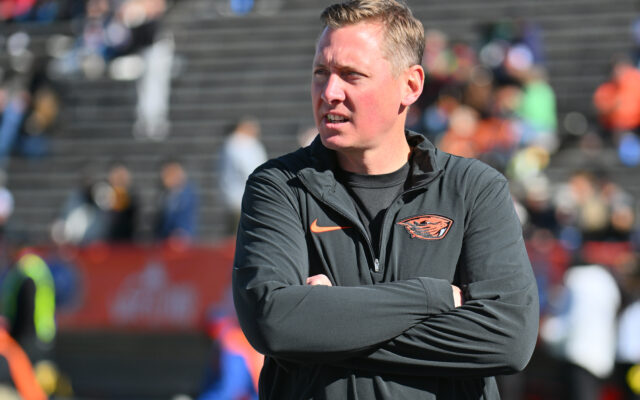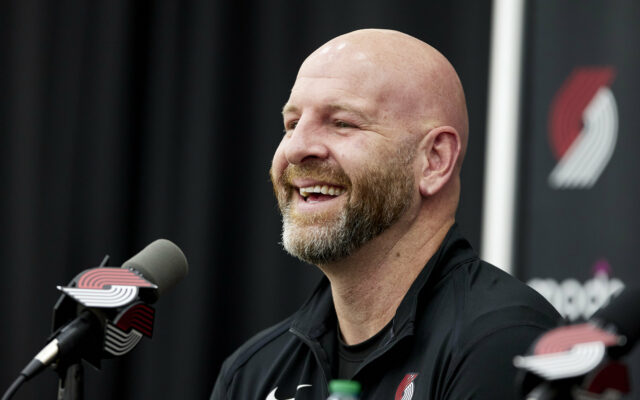California to let college athletes make money, defying NCAA
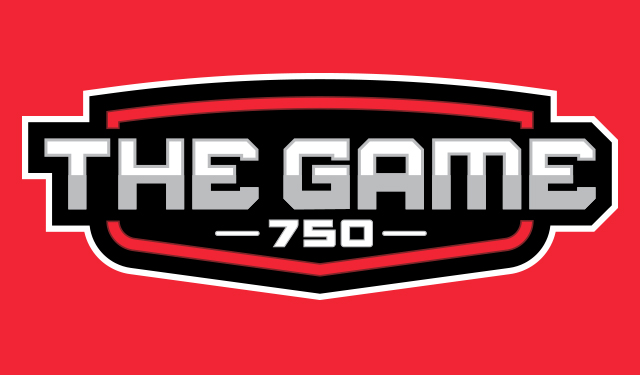
SACRAMENTO, Calif. (AP) — California will let college athletes hire agents and make money from endorsements, defying the NCAA and setting up a likely legal challenge that could reshape amateur sports in the U.S.
Democratic Gov. Gavin Newsom announced Monday he signed the law that would let athletes at California universities make money from their images, names or likenesses. The law also bans schools from kicking athletes off the team if they get paid.
The law will take effect on Jan. 1, 2023. It does not apply to community colleges and bans athletes from accepting endorsement deals that conflict with their schools’ existing contracts.
California is the first state to pass such a law.
The NCAA Board of Governors had asked Newsom to veto the bill, saying it “would erase the critical distinction between college and professional athletes.” The board also warned that the law would give California universities an unfair recruiting advantage, which could prompt the NCAA to bar them from competition.
If that happened, powerhouse programs like the University of Southern California, University of California, Los Angeles, Stanford University and the University of California, Berkeley, would be banned from NCAA competition.
But while the NCAA is the top governing body for college sports, membership is voluntary. If the California schools are forced out, it could prompt others to follow and form a new league.
Professional athletes have endorsed the law, including NBA superstar LeBron James, whose 14-year-old son is a closely watched basketball prospect in Los Angeles.
The NCAA has steadfastly refused to pay players. But a committee led by Ohio State Athletic Director Gene Smith and Big East Commissioner Val Ackerman is studying other ways players could make money. The committee’s report is expected in October.
The NCAA does let some athletes accept money in some cases. Tennis players can accept up to $10,000 in prize money per year, and Olympians can accept winnings from their competitions. Plus, schools in the “Power 5” conferences can pay players yearly cost-of-living stipends of between $2,000 and $4,000.
The NCAA reported $1.1 billion in revenue in 2017.
Updated: The NCAA has responded with the following statement
“As a membership organization, the NCAA agrees changes are needed to continue to support student-athletes, but improvement needs to happen on a national level through the NCAA’s rules-making process. Unfortunately, this new law already is creating confusion for current and future student-athletes, coaches, administrators and campuses, and not just in California.
We will consider next steps in California while our members move forward with ongoing efforts to make adjustments to NCAA name, image and likeness rules that are both realistic in modern society and tied to higher education.
As more states consider their own specific legislation related to this topic, it is clear that a patchwork of different laws from different states will make unattainable the goal of providing a fair and level playing field for 1,100 campuses and nearly half a million student-athletes nationwide.”
